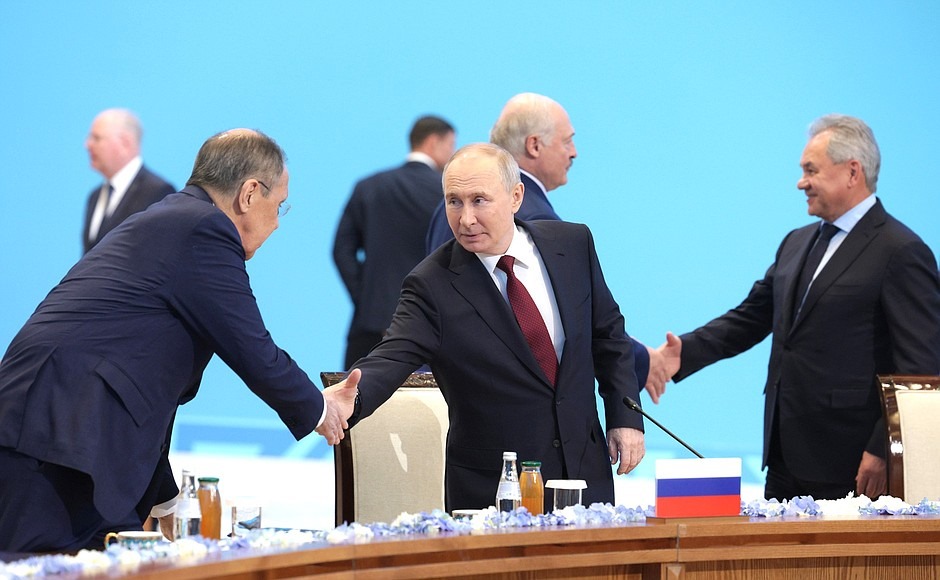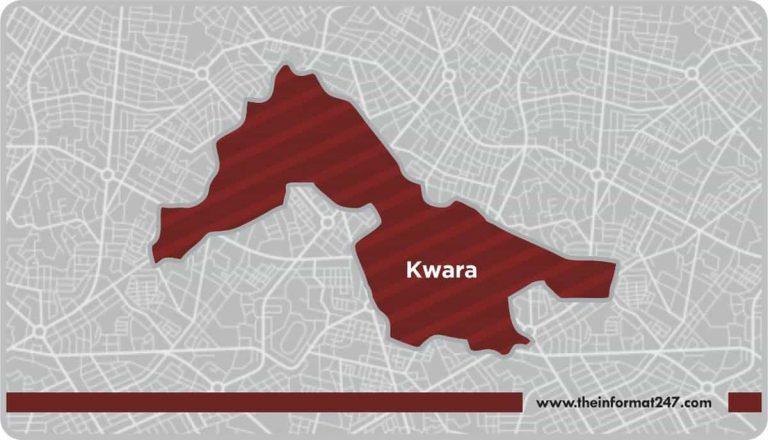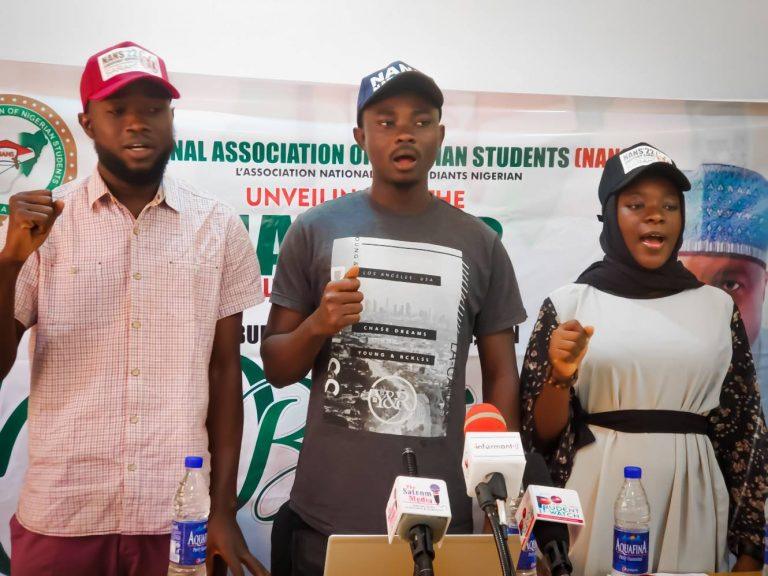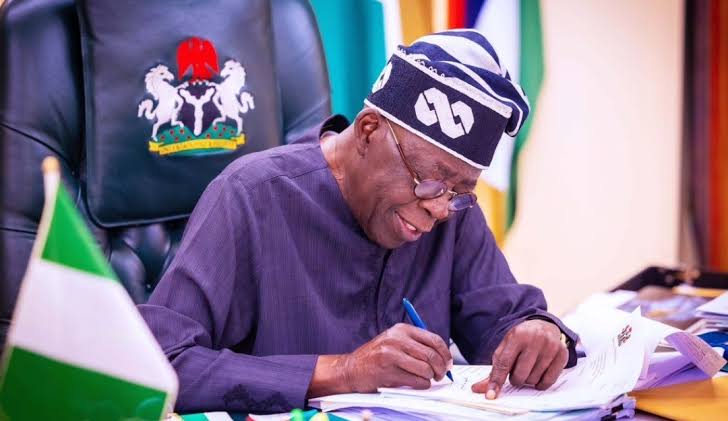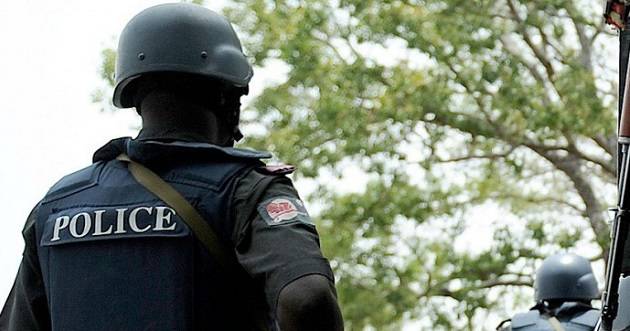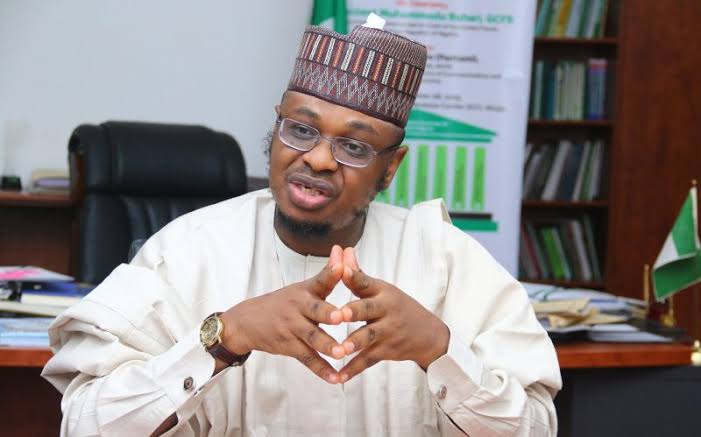Global brief| Top 5 international stories you need to know
By: Daramola Luke with contributions from Saheed Muheez
This past week witnessed a series of blockbusting events across the globe. Spanning from Central Asia to the South Pacific, here are top five international stories that shaped and made the headlines:
- ICC seeks arrest warrant for Myanmar’s military leader over Rohingya crimes
- Israel agrees ceasefire deal with Hezbollah
- Russian airstrikes leave millions of Ukrainians without power as winter bites hard
- China expresses discontent as Taiwanese president traverses South Pacific nations
- Astana hosts CSTO summit, Putin in attendance
Let’s take a deep dive;
1 – ICC seeks arrest warrant for Myanmar’s military leader over Rohingya Crimes
The International Criminal Court Chief Prosecutor, Karim Khan Thursday requested an arrest warrant for Myanmar’s junta leader, Min Aung Hlaing over alleged crimes against the Rohingya Muslim minorities. Nearly a million Rohingyas, a Muslim ethnic minority have fled their native Myanmar since 2017 due to constant persecution and a continued clearance operation by the junta against them. Many have sought refuge in neighbouring Saudi Arabia, Malaysia, and Bangladesh where they have camped at the world’s largest refugee camp, the Cox Bazaar. Rohingya who remain in Myanmar are denied citizenship and access to healthcare and require permission to travel outside their township with those who escape having disturbing tales of murder, rape, and arson.
The report comes merely days after the ICC issued arrest warrants for Benjamin Netanyahu and Yoav Gallant of Israel and a top Hamas leader over the war in Gaza. Myanmar still reels from continued conflict between the military, which controls state powers, and various armed groups after the junta ousted Aung San Sui Kyi’s led government in 2021.
Khan’s report claimed the alleged crimes were committed by the Tatmadaw, Myanmar’s armed forces with support from the natural and border police. However, the country’s junta rejected the move citing that Myanmar has never been a member state of the ICC, and in effect, the order remains nonbinding.
2 – Israel agrees ceasefire deal with Hezbollah
An eventful week of interesting developments unraveled in the Middle East with the agreement of a ceasefire after several weeks of fighting between the Israeli defence forces and Hezbollah. The conflict, a direct spin-off of the Israel-Hamas war which started in October 2023 was propelled by Hezbollah’s solidarity with Hamas. The ceasefire agreement was signed Wednesday, November 27 by Israel and a 5-nation monitoring panel led by the United States.
The agreement stipulated that the Israeli Defence Forces (IDF) withdraw to Israeli territories in 60 days and that the two sides would recognise the UN Security Council resolution 1701 which ended the 2006 Lebanon war alongside other terms of the agreement.
US President Joe Biden stated that the agreement was “designed to be a permanent cessation of hostilities”, a statement that seemed to lose credibility after both sides allegedly violated the agreement just a few hours after it all began.
3 – Russian airstrikes leave millions without power as winter bites hard
More than a million Ukrainian homes were left battling freezing temperatures after massive Russian airstrikes conducted Thursday – the second of its scale in just two weeks – left the Ukrainian energy sector grappling with heavy damage. This attack, the 11th of its kind this year, targeted nuclear power facilities. Ukrainian officials have constantly accused Russia of “weaponising winter” by launching massive campaigns on Ukraine’s power grid in wintry months in order to deny civilians of critical heating and drinking water during the harsh winter months.
Speaking during his visit to Kazakhstan, Russia’s President Vladimir Putin said the attacks were a direct response to Ukraine’s use of American-produced ATACMS missiles. Volodymyr Zelensky however called the attacks “an insidious escalation” and urged Western allies to fast-track the delivery of military aid and missile defence systems to Kyiv.
4 – China expresses discontent as Taiwanese president traverses South Pacific nations
Lai Ching-Te, the Taiwanese president Saturday left Taiwan to begin his long acclaimed South Pacific trip. He is currently on a week-long visit to the South Pacific islands of Tuvalu, Palau, and the Marshall Islands.
Taiwan as an entity only shares formal diplomatic ties with 12 states and maintains trade and bilateral contacts with dozens of others, where it is not formally recognised as a state, including the US.
As part of his plans, Lai Ching-Te is also expected to stop over in the American state of Hawaii and the American territory of Guam. This move, however, does not sit well with the Chinese who continue to insist on the reunification of Taiwan with the Chinese mainland, but the US is bound by law to provide Taiwan with the means to defend itself despite the lack of formal diplomatic ties between Washington and Taipei, to the constant ire of Beijing.
5 – Astana hosts CSTO summit, Putin in attendance
Russian President Vladimir Putin was present at the Collective Security Treaty Organisation (CSTO) summit held in Astana, Kazakhstan’s capital. The meeting held November 28 was conducted under the presidency of Kazakh president Kassym-Jomart Tokayev and the organisation’s Secretary General; Imangali Tasmagambetov.
Other countries represented included Belarus, Kyrgyzstan, and Tajikistan, while Armenia was notably absent due to Yerevan’s dissatisfaction with the bloc’s response to its concerns over the Nagorno-Karabakh conflict with Azerbaijan in 2020. The leaders present called for a cessation of hostilities in Gaza and the Middle East as a whole while also advocating for peace and development in Afghanistan.
The CSTO, a successor bloc with origins in the long-gone Soviet Union was established in 1992 as a unified armed force dedicated to the development of a suitable security system in Eurasia with stability and peaceful coexistence of all Eurasian states.

